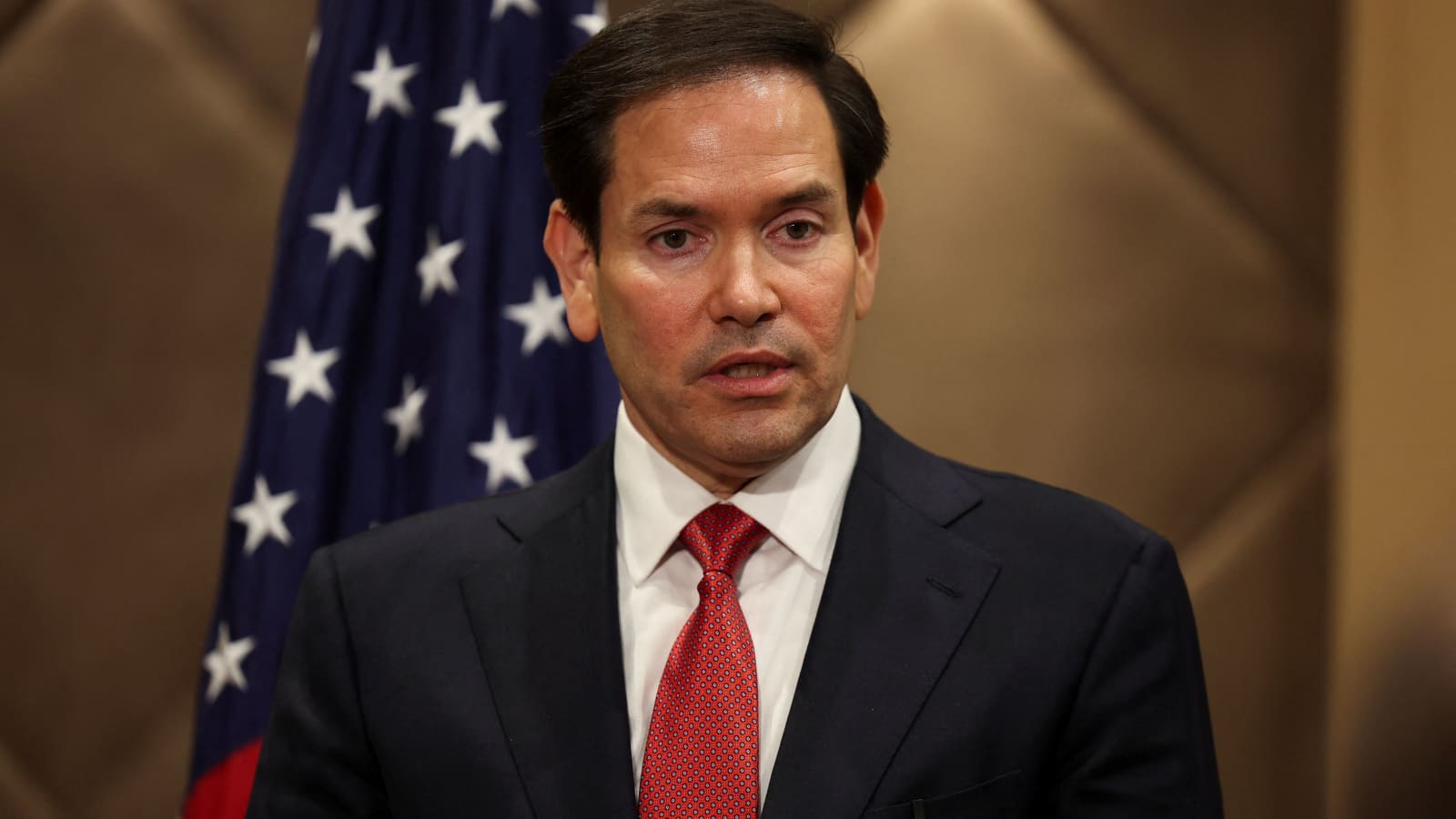The United States will begin aggressively revoking visas for Chinese students, Secretary of State Marco Rubio announced Wednesday, marking a sharp escalation in tensions with Beijing and delivering another blow to American higher education institutions.
The move, which targets Chinese students with alleged connections to the Chinese Communist Party or those studying in unspecified “critical fields,” was condemned by Beijing, which called the action “politically motivated and discriminatory.” China’s Foreign Ministry said it lodged a formal protest and warned the U.S. against undermining educational exchanges.
Rubio said the State Department, working with the Department of Homeland Security, would also revise visa criteria to increase scrutiny of future applications from both China and Hong Kong. The announcement comes just weeks after Washington and Beijing declared a 90-day tariff truce in an effort to ease trade tensions, but the new visa policy threatens to reignite hostilities and further strain already fragile ties.
The decision could impact hundreds of thousands of Chinese students studying in the U.S., who make up a significant portion of international enrollments and a key source of revenue for American universities. It follows a series of Trump administration efforts aimed at reducing foreign student presence in the U.S., including a temporary ban on Harvard University enrolling international students, which was later blocked by a federal judge.
Chinese students, many currently enrolled in U.S. institutions, expressed fear and uncertainty. “I pray to make it through my undergraduate study safely and smoothly,” said Candy, a statistics student at the University of Michigan, who is currently visiting family in China. “Ending up with only a high school diploma is something I dread.”
For decades, U.S. universities have attracted top talent from China, drawing students from both middle-class families and the country’s political elite. Many top Chinese officials studied in the U.S., including President Xi Jinping’s daughter, Xi Mingze, who attended Harvard. Figures such as Liu He and Wang Huning also spent time at American institutions, highlighting the historical significance of educational exchanges between the two countries.
These exchanges have long served as a stabilising force in U.S.-China relations, even as geopolitical rivalry intensifies. China was the largest source of international students in the U.S. for 15 consecutive years until it was overtaken by India last year. Chinese enrollment peaked at over 372,000 in 2019–2020 but declined to just over 270,000 by 2023–2024 amid the COVID-19 pandemic and mounting diplomatic friction.
American student numbers in China have also dropped steeply, from more than 10,000 pre-pandemic to an estimated 800 in the 2023–2024 academic year, according to the American Chamber of Commerce in China.
Despite worsening ties, Chinese officials have stressed the importance of people-to-people diplomacy. President Xi last year pledged to invite 50,000 American students to China over five years, urging more academic collaboration to boost mutual understanding.
The new visa restrictions, however, appear to undermine those efforts. Wang Zichen, a research fellow at the Center for China and Globalization in Beijing, said the decision comes at a time of historically low mutual trust between the two powers. “Student exchanges remain one of the few genuine and impactful areas of engagement,” said Wang, who recently earned a master’s degree from Princeton. “This announcement is quite saddening.”
The State Department on Tuesday instructed embassies to pause new student visa appointments as it moves to expand vetting, including mandatory social media screenings. Chinese officials urged Washington to protect the rights of all international students.
The criteria for targeting students with alleged Chinese Communist Party ties remain vague. With the party claiming 99 million members, many Chinese students have relatives working in state-run institutions or involved with the party in some capacity. “Almost everyone in China is somehow linked to the Communist Party,” Wang said.
The Trump administration has previously sought to curb what it considers espionage risks from Chinese students. During Trump’s first term, a visa ban was enacted on STEM graduates from Chinese universities with military ties. That effort, along with the China Initiative, a now-disbanded national security program aimed at combating Chinese intellectual property theft, sparked backlash and accusations of racial profiling.
With the latest move, the Trump administration risks deepening rifts not only with Beijing but also with American universities and the global academic community, potentially altering the landscape of international education for years to come.

